Professors Kathleen Belew and Ramón A. Gutiérrez report that the racist belief in the racial superiority of white people is more than a vestige of the slavery era. The current white supremacist threat manifested on January 6, 2021, when followers of a growing white power movement rioted at the US Capitol to disrupt the certification of the presidential election. This history anthology, which clarifies how white supremacy affects the United States, provides a guide to the growing danger it presents.
White supremacy has pervasively influenced American institutions and individuals.
Overtly and covertly, white supremacy has shaped US laws, policies and social norms.A mistaken belief in white racial superiority manifests in biased laws, social interactions and hate crimes.
Thousands of people, including white power militants, attacked the US Capitol on January 6, 2021, to stop Congress from certifying President Joseph Biden’s successful election. Five people died in the insurrection, one facet of a false “stop the steal” campaign to restore Donald Trump to the presidency after his 2020 election loss.
Two modern perspectives are re-framing the narrative of US history. “Racial capitalism” holds that white supremacy – at its core – is linked to capitalism. “Settler colonialism” refers to occupying colonized land, extracting its resources, committing genocide against Indigenous people and forcing their assimilation.
Blacks who migrated from the South struggled for education, jobs and housing in the North.
Black Americans face constant false claims that their unequal circumstances stem from some sort of innate...
Kathleen Belew, assistant professor of history at the University of Chicago, also wrote Bring the War Home. Ramón A. Gutiérrez, the Preston & Sterling Morton Distinguished Service Professor of US History at the University of Chicago, also wrote When Jesus Came, the Corn Mothers Went Away.









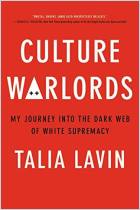

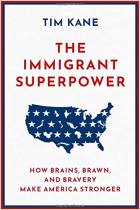
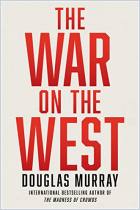
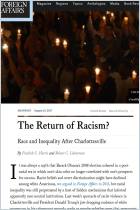

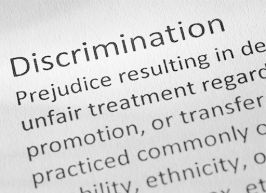
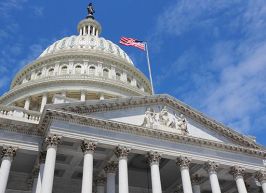




Comment on this summary or Diskussion beginnen